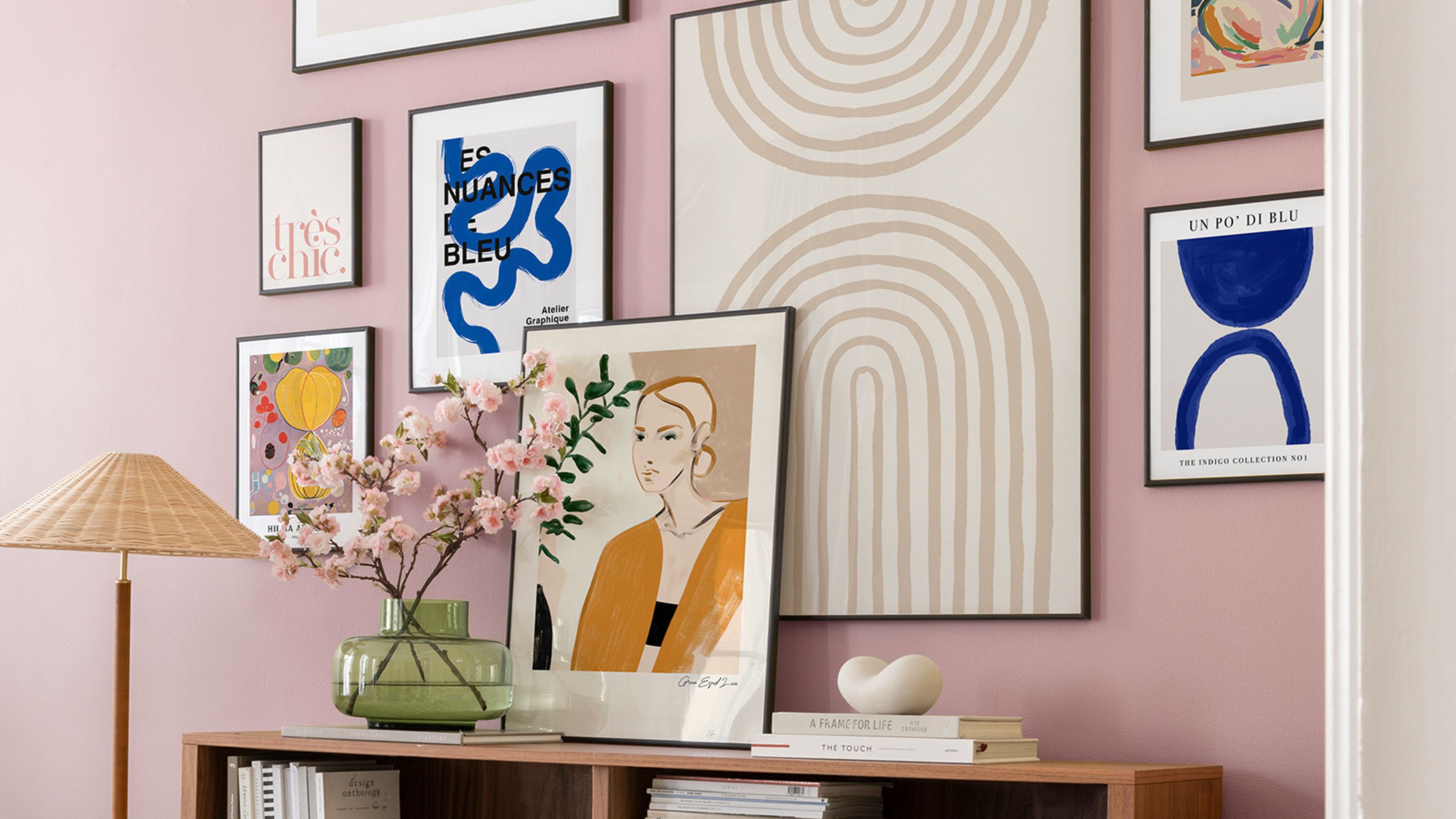
Knowing the top small entryway color mistakes will make decorating so much easier as you won't waste precious energy or dollars working with the wrong shades.
We've spoken with design experts to find out the common color mistakes people make with their small entryways, and their top five tips for choosing, or changing to other colors that'll work better for this space.
If you've spied a small entryway idea you want to replicate, or have eyed up a gorgeous tin of paint at Home Depot, first soak up what our designers have to say about it. It might just change your choice, and the success of your entryway aesthetic altogether.
Small entryway color mistakes
Bloopers when choosing fabric and paint colors for small entryways are easily remedied with our expert's advice. We've also included helpful buys to help set you on the path to sort out any existing small entryway color mistakes.
The prices below were correct at the time of publishing this article.
1. Missing the undertone

We’ve all been there. You’ve opened up a gorgeous tin of paint color, splashed it on, then taken a step back and realized it looks very different on your walls. What a nightmare.
“This might seem like a small mistake, but the undertones in a color are what give it warmth or coolness,” says Seymen Usta, interior design specialist and founder of Seus Lighting.
He continues, “For instance, a blue with purple undertones will look different than a blue with green undertones.”
Seymen explains when people overlook this detail, and it happens a lot, they end up with an entryway color not in line with the rest of their aesthetic.
Be sure to pick up a paint sample of any shade you’re thinking of trying, put a small amount on the wall, and then leave it for at least 24 hours to see how it looks at different times of the day, in all different lighting, and if it looks how you intended.
2. Overdoing color schemes

You may have seen maximalism pop up all over your social feeds, as it’s a super hot small space interior design trend. However, in entryways, going over the top doesn’t always work.
“An excess of colors can induce a feeling of clutter and disarray,” says Ricky Allen, interior designer and director of Ever Wallpaper.
He advises streamlining your palette to one or two main colors, introducing patterns and accents only sparingly to maintain a harmonious and balanced appearance.
Ricky adds, “If you wish to incorporate color, choose subdued tones or pastel, as these won't be overly dominant.”
Pastels especially look really sweet and play into the popular Danish pastel aesthetic which is all about sugary shades and quirky patterns. They're also a top small space color trend.
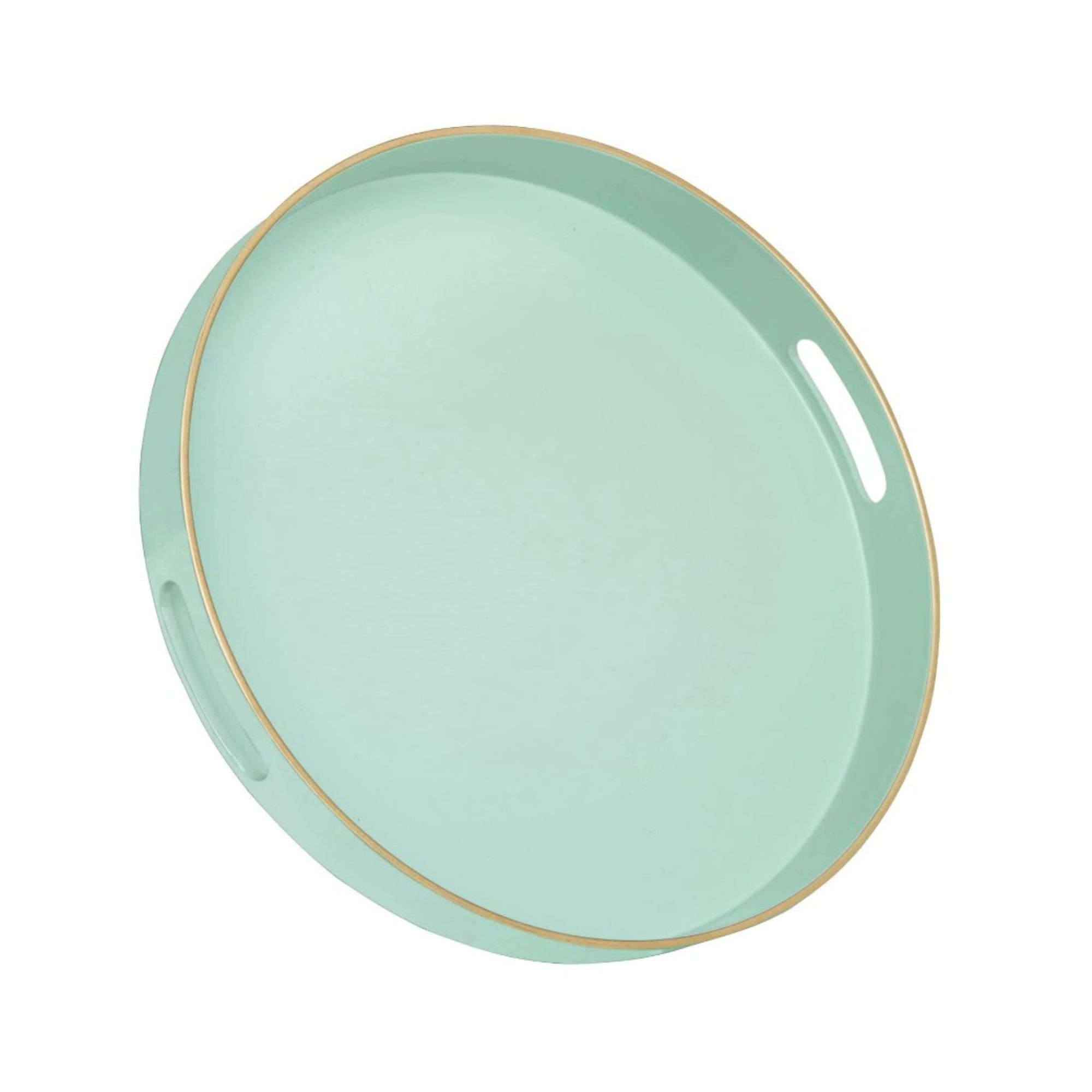
Size (in.): H1.57 x W13 x L13
Made from: Plastic
Price: $23.75

Shape: Square
Made from: Paper
Price: $2
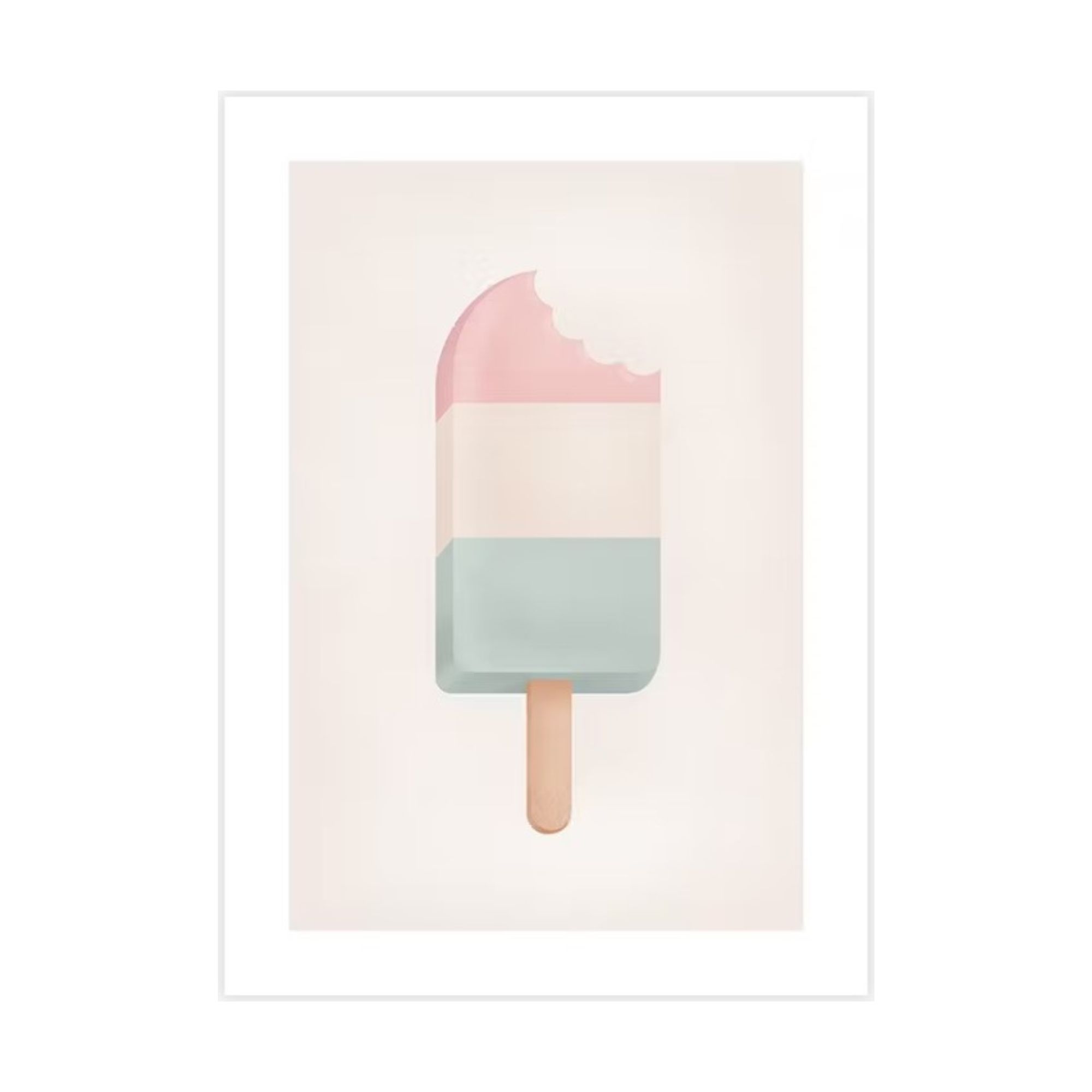
Size (in.): H12 x W8
Made from: Paper
Price: $11.97
3. Choosing a color in isolation
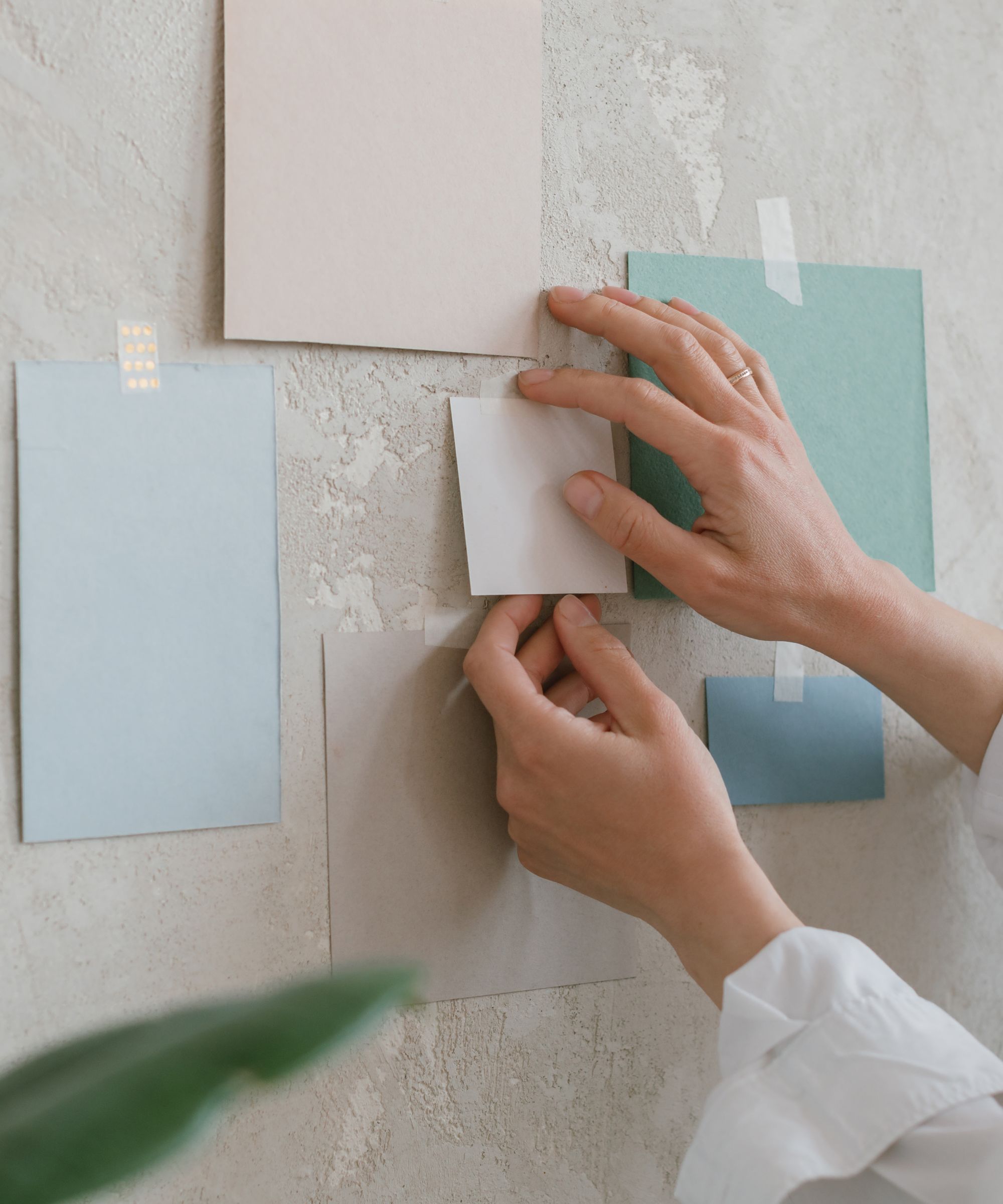
It’s so easy to walk into a store, fall head over heels for a paint color or furniture piece, and immediately snap it up without picturing your own home.
“It's important to choose a color complementary of the other colors in your home,” says Seymen. "A shade can look great in the store or on a sample card, but when it's placed next to your existing furniture and decor, it may clash.”
This is why he recommends picking up color and fabric swatches in-store and comparing them with your existing entryway before buying anything or putting energy into redoing the whole space.
4. Choosing the wrong neutrals
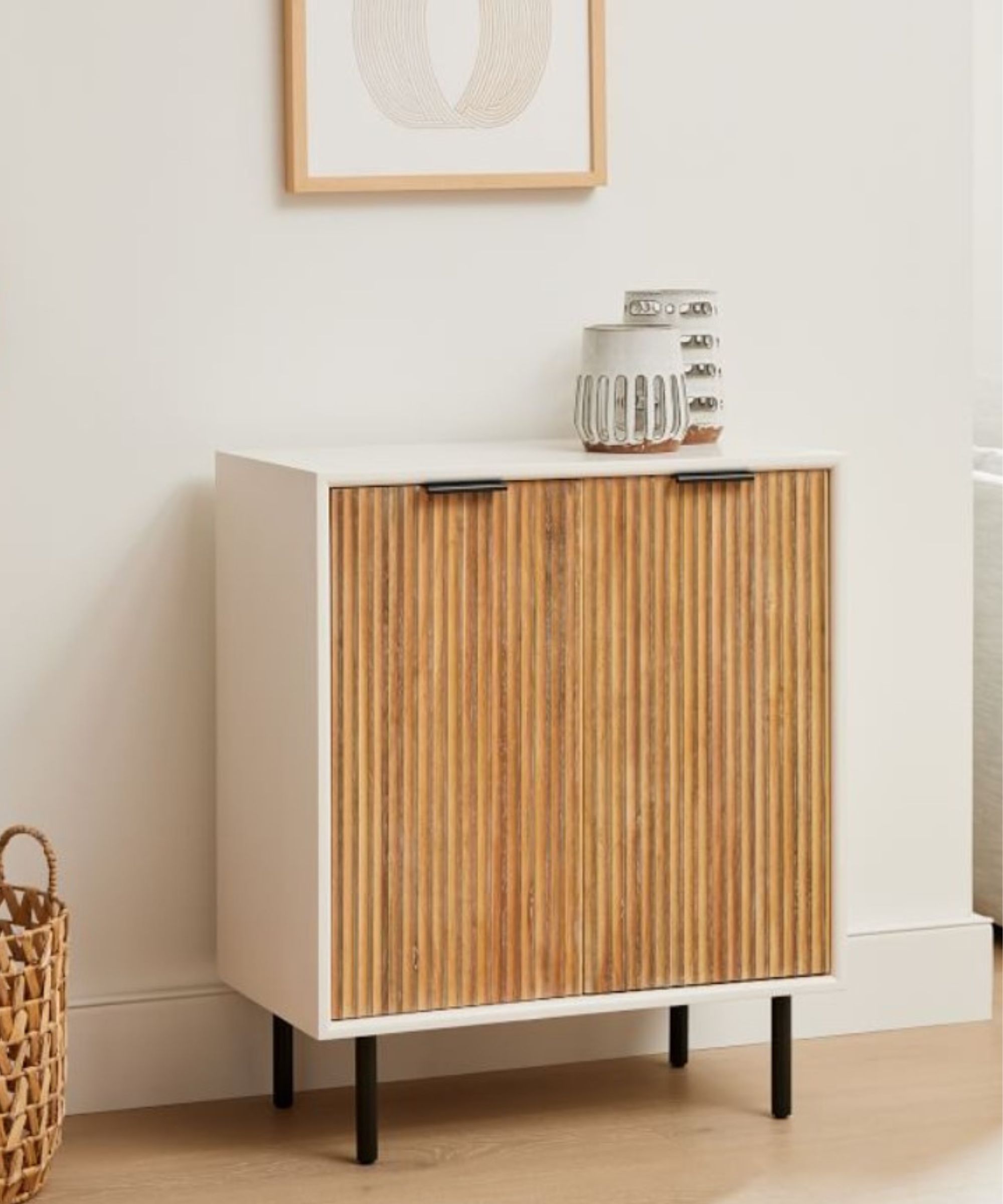
We always recommend neutrals when looking for the best small entryway colors, but you can go wrong even with these. Yes — we’re surprised, too.
“Neutral colors offer a variety of rich combinations to light up any room,” explains Ivo Iv, design expert and founder of Decor Home Ideas.
However, choosing the wrong neutrals for your entryway may end up causing a clash with your furniture, accessories, and decor.
Ricky says to make sure to stick to classic ones. “Neutral hues such as white, beige, or light gray are excellent choices for small entryways, as they reflect light.”
This can in turn make a small entryway appear bigger. This is always useful when you don’t have a lot of square footage.

Shape: Square
Made from: Paper
Price: $2
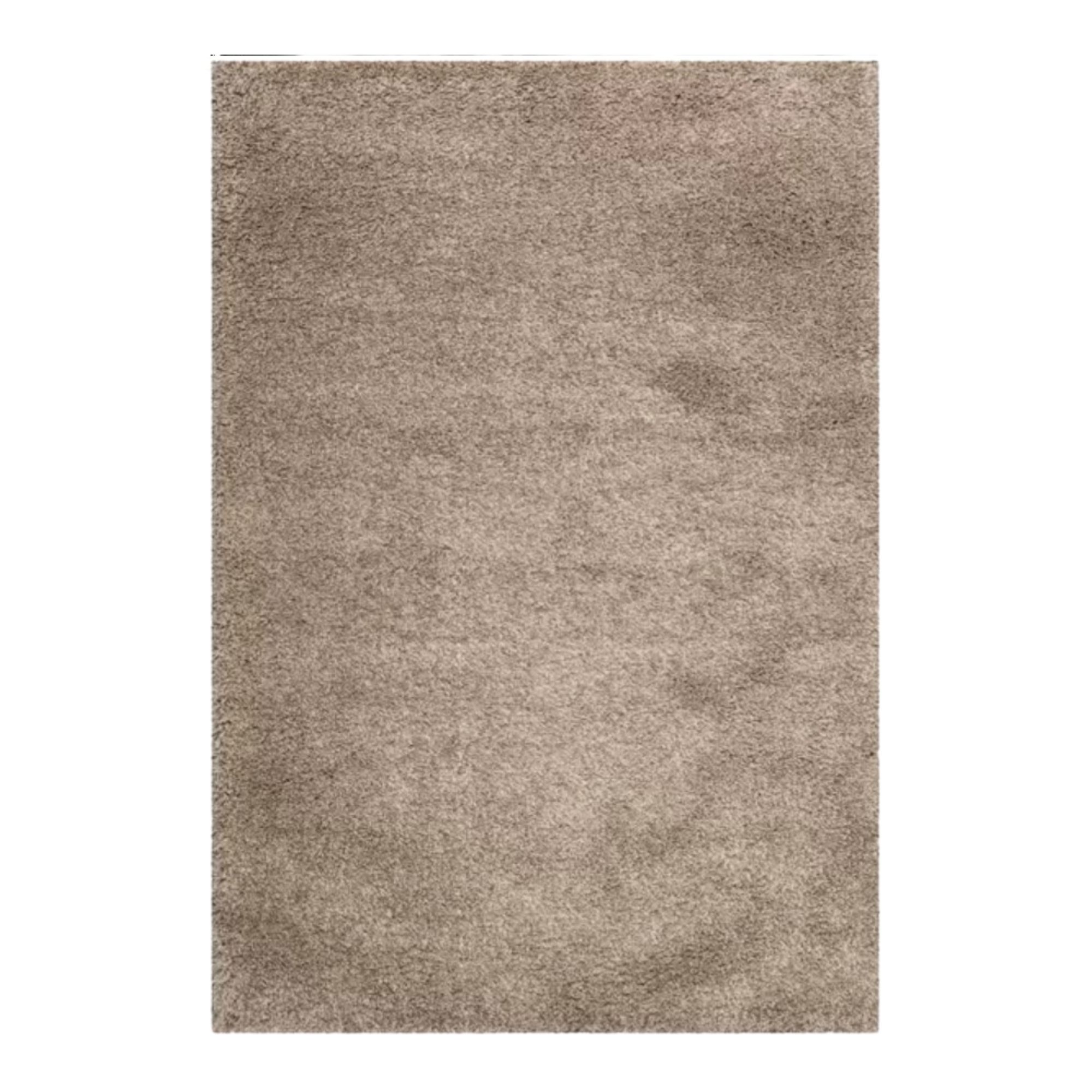
Size (in.): H2 x L60
Made from: Polypropylene
Price: $81.99

Shape: Square
Made from: Paper
Price: $2
5. Opting for matte shades
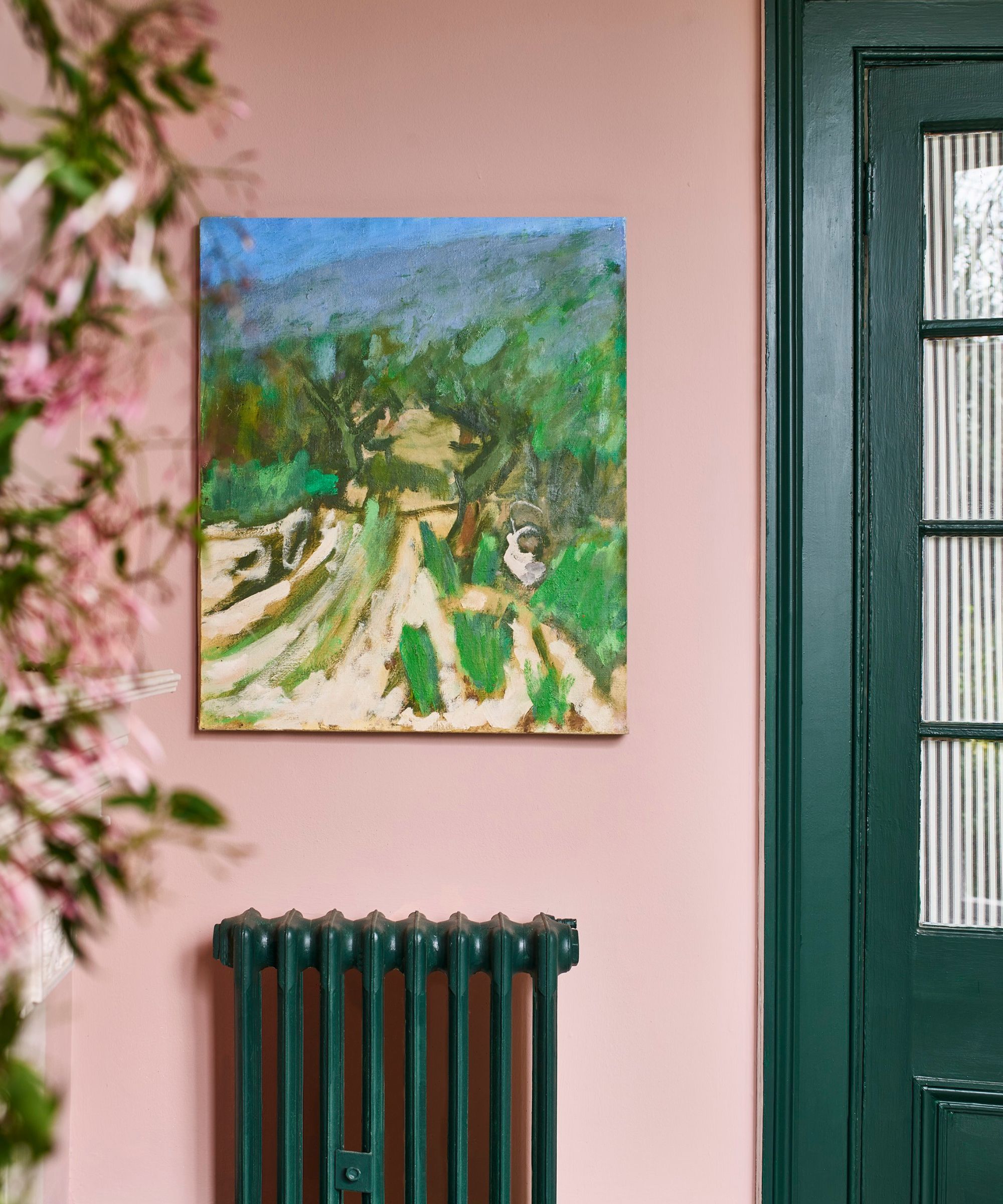
Over the past few years, matte finishes both in terms of paint color and decor have become majorly trendy, thanks to the quiet luxury movement.
“They are unique and bring a sense of sophistication to your space, but they just won’t do for your entryway,” says Ivo.
In a small entryway, matte finishes, especially in dark colors, absorb all the light and make the space feel cramped.
Ivo recommends opting for satin paint and fabrics instead, which have the same cool, muted look, but with a little gloss to reflect light.
FAQs
What small entryway color mistakes should I avoid?
The small entryway color mistakes you should avoid are picking the wrong neutral colors, choosing matte shades, not paying attention to undertones, and overdoing the color scheme.
What's the worst small entryway color mistake?
The worst small entryway color mistake is painting walls a color without thinking of the impact on the space. By doing this, you risk not matching your decor or making your entryway look smaller.
Avoid these key mistakes now, and you’re sure to thank yourself later on.
“An entryway is the first part of your house visitors and guests interact with, so choosing the right color for it will greatly determine how people perceive your space,” Ivo adds.
Carry on sprucing up your hallway and now you're on the right track, avoid entryway decor mistakes.







